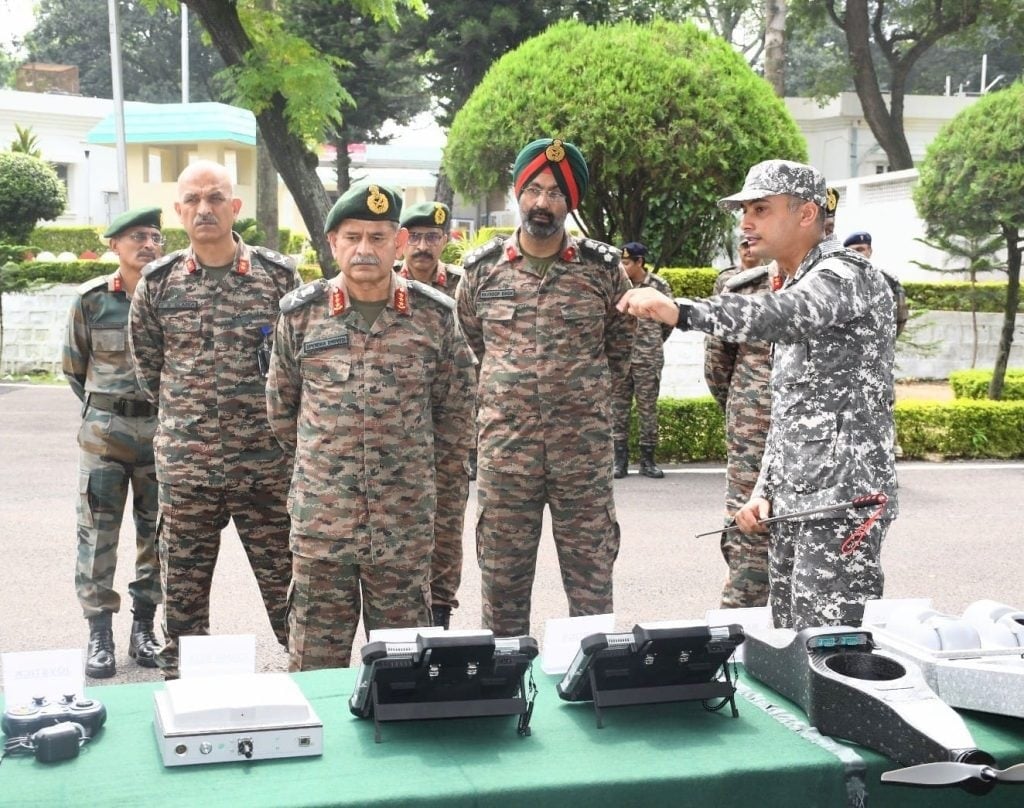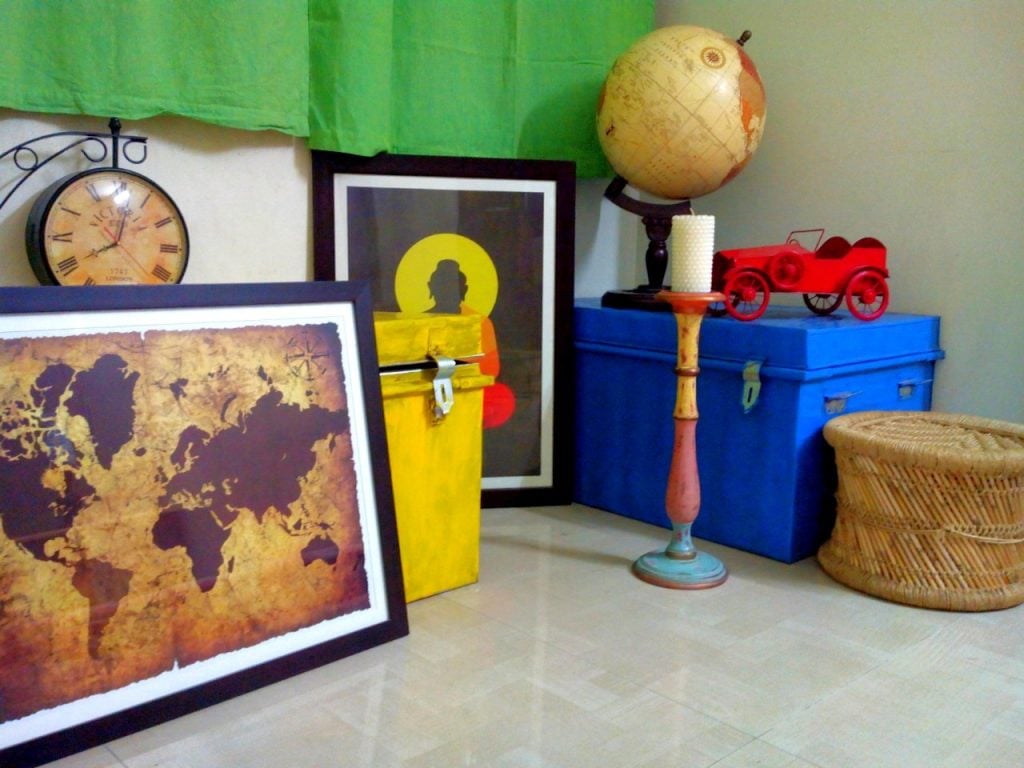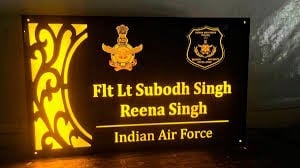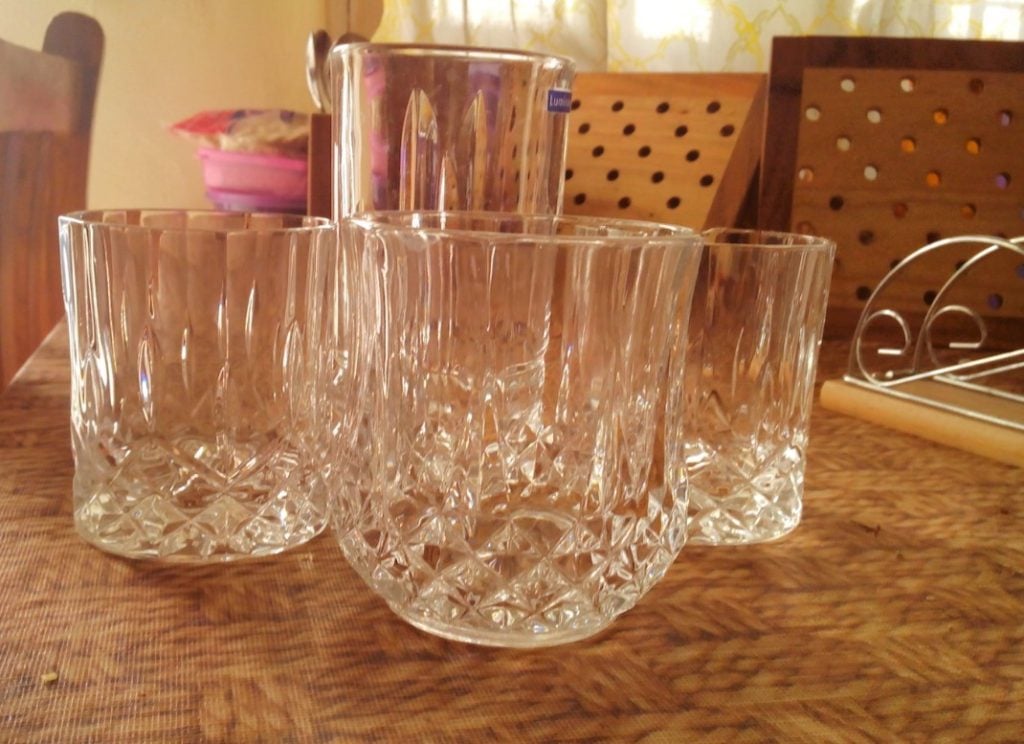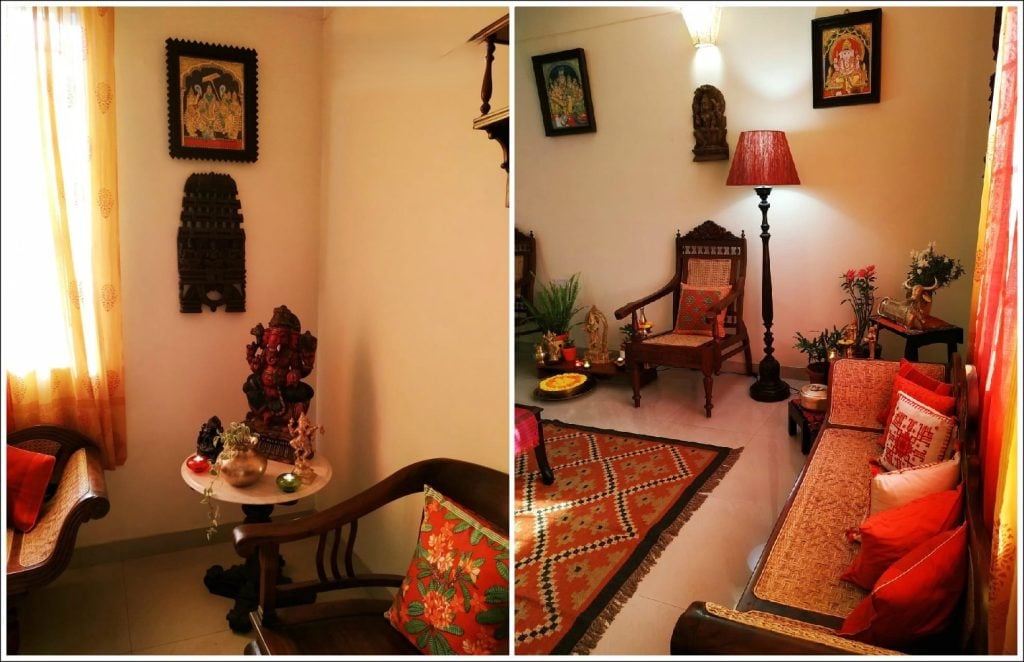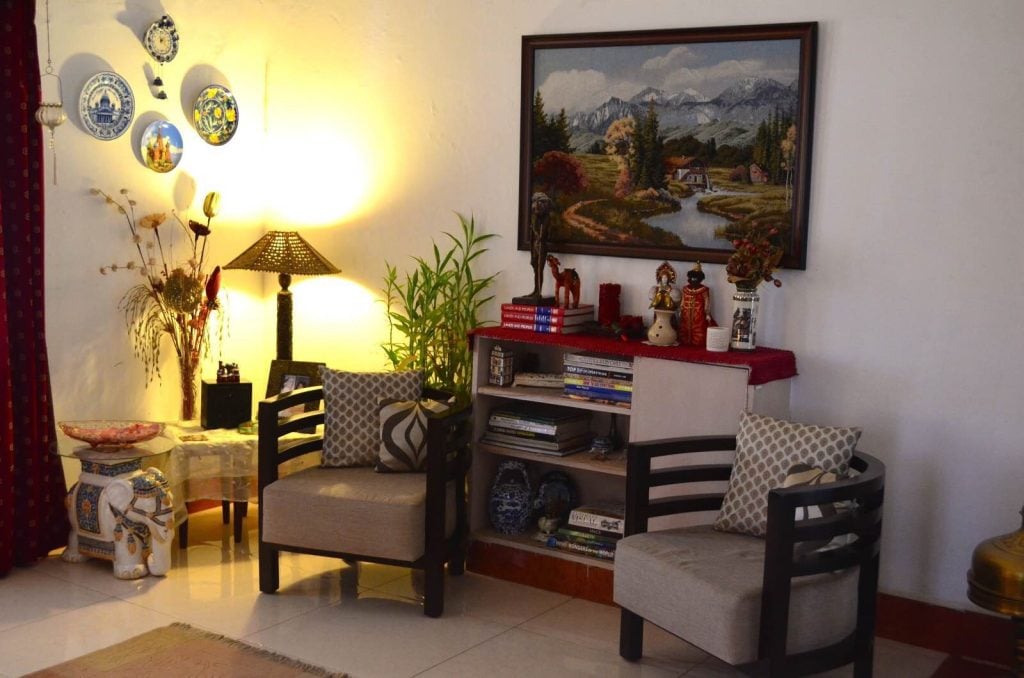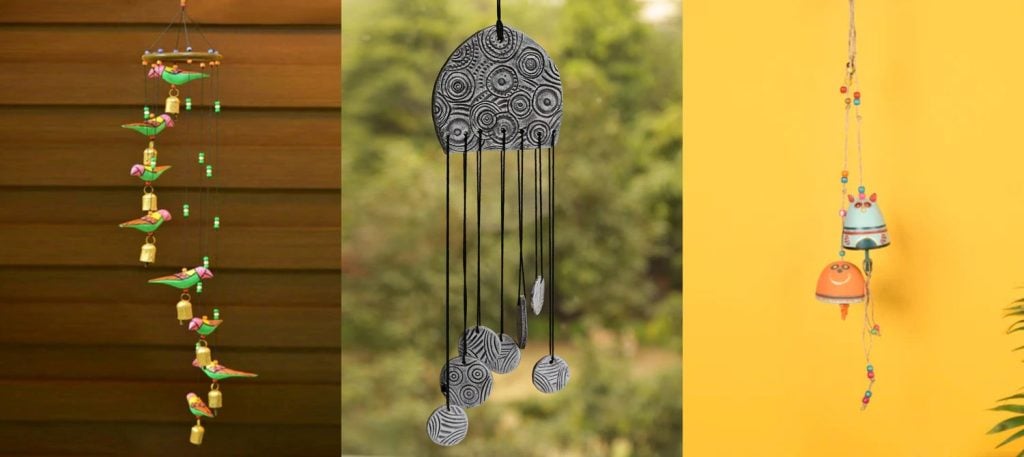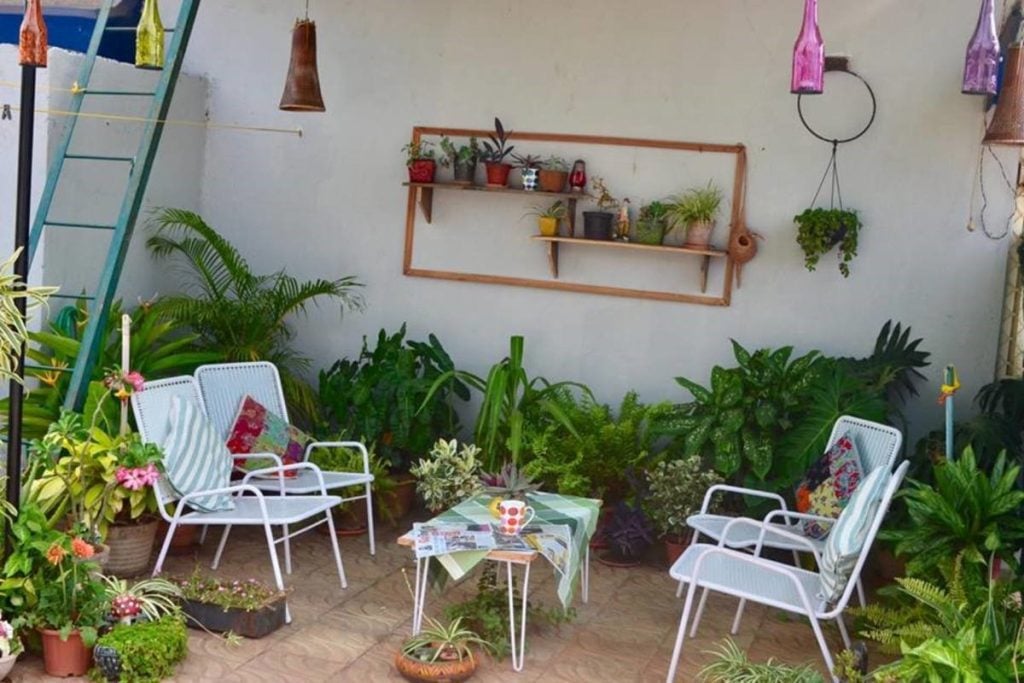The lifestyle of a fauji (military) family is distinct and fascinating, deeply rooted in tradition, discipline, and a sense of community. From the way they live to the unique items that adorn their homes, every aspect reflects their experiences and the nature of military life.
In this article, we will explore 16 things you’ll always find in a fauji home, revealing the charm and character that these elements bring to their households.
Also Read | Indian Army: Why Alcohol Isn’t Banned
1. The Signature Boxes
One of the most iconic features of a fauji home is the presence of sturdy trunks.
Heavy-Duty Storage
These large, robust boxes are not merely for storage; they symbolize the transient nature of military life. Each trunk typically bears the name, rank, and posting location of the soldier, serving as a reminder of the many places they’ve called home.
Packing for Relocation
Every few years, families must pack up and move to a new station. The trunks facilitate this process, making it easier to transport clothes, kitchen utensils, and personal items. This practicality is a hallmark of the fauji lifestyle.
A Sense of History
Each box often carries memories from different postings, making them more than just storage solutions; they are repositories of family history and experiences.
2. Crystal Décor
Crystal items are a staple in many fauji households, adding a touch of elegance to their living spaces.
Elegant Tableware
You’ll often find crystal glasses, bowls, and serving dishes that are cherished and used during special occasions. These items reflect a sense of pride and tradition.
Gifts and Mementos
Many of these crystal pieces are often received as gifts during various postings, serving as a reminder of friendships and connections made along the way.
Aesthetic Appeal
The sparkle of crystal adds a unique aesthetic to the home, creating a warm and inviting atmosphere.
3. Personalized Nameplates
Every fauji home typically features a nameplate that reflects the soldier’s rank and unit.
Displaying Pride
These nameplates are not just functional; they are a source of pride for the family, representing their connection to the armed forces.
Customization
Often, these nameplates are personalized and can be found in various styles, showcasing the creativity and individuality of the family.
A Sense of Belonging
They serve as a constant reminder of the soldier’s dedication and commitment, fostering a sense of belonging within the family.
4. Assorted Glassware
Fauji homes are known for having a diverse collection of glassware, catering to various drinks.
Functional Variety
From whisky tumblers to wine glasses and even casual soft drink cups, this assortment is essential for entertaining guests.
Social Gatherings
These glasses play a significant role in socializing, as families often host gatherings, celebrating camaraderie and friendships.
A Reflection of Lifestyle
The variety of glassware reflects the lifestyle of faujis, who often enjoy sharing stories and experiences over a drink.
5. The Ever-Present Brasso
Brasso, a metal polish, is a common sight in military households.
Maintaining Uniforms
Soldiers use Brasso to keep their medals and insignia shining bright, symbolizing their dedication and attention to detail.
Household Use
Beyond uniforms, Brasso is often used to maintain various metal items in the home, ensuring everything looks pristine.
Tradition of Care
This practice highlights the discipline and care that faujis apply to all aspects of their lives, both personal and professional.
Also Read | Field Formation In The Indian Army
6. Mementos from Various Posts
Fauji homes often showcase an array of souvenirs collected from different postings.
Cultural Representation
These items reflect the diverse cultures and experiences encountered in various regions, allowing families to share their journey.
Conversation Starters
Mementos serve as excellent conversation starters, offering opportunities to recount stories and experiences from different places.
A Sense of Adventure
Each item tells a story, embodying the adventures and challenges faced by the family throughout their military journey.
7. The Family Pet
Dogs hold a special place in many fauji households.
Companionship
These pets often accompany families on their various postings, adapting to new environments alongside their owners.
A Shared Experience
Fauji dogs are known to have traveled to numerous locations, often becoming beloved members of the family who share in the experiences of military life.
Loyalty and Bonding
The bond between a fauji family and their dog reflects loyalty, a core value in military culture.
8. Peg Tables
Peg tables are a common feature in the drawing rooms of fauji homes.
Multi-Functional Use
These tables serve multiple purposes, from holding drinks during gatherings to displaying family photos.
Social Hub
They often become the focal point during social interactions, fostering a sense of togetherness among family and friends.
A Touch of Tradition
The presence of peg tables in a fauji home reflects the traditional values of hospitality and community.
9. The Postal Calendar
A calendar from the Indian Postal Services is often found in fauji homes.
Practical Utility
This calendar serves as a functional item, helping families keep track of important dates and events.
Connection to the Community
It symbolizes the connection to the wider community and the importance of communication in military life.
A Nostalgic Element
For many families, it serves as a nostalgic reminder of the past, marking significant moments in their military journey.
10. Sets of Curtains
Fauji homes often have an assortment of curtains, some of which may not be in use.
Practicality in Transition
As families move from one posting to another, they accumulate various sets of curtains, each with its own story.
Aesthetic Versatility
These curtains add to the aesthetic appeal of the home, allowing families to change the ambiance depending on the season or occasion.
Memory Keepers
Each set of curtains can evoke memories of different homes and experiences, making them sentimental items.
11. Terracotta Wind Chimes
Terracotta wind chimes are a unique feature often found in fauji homes.
Cultural Significance
These chimes often reflect the local culture of the regions where families have lived, adding a personal touch to their home.
A Soothing Presence
The sound of wind chimes creates a calming atmosphere, enhancing the overall ambiance of the household.
A Shared Tradition
Many families pass down these chimes through generations, making them cherished family heirlooms.
12. Non-Functional Fireplaces
In some older cantonments, you might find fireplaces that are no longer in use.
Architectural Charm
These features add a certain charm to the home, often becoming focal points in the living space.
Historical Significance
They serve as a reminder of the past, showcasing the architectural styles of earlier times.
Aesthetic Appeal
Even if not functional, these fireplaces contribute to the overall aesthetic, creating a cozy and inviting environment.
13. Shoe Racks
Shoe racks in fauji homes often lean towards formal footwear.
Diverse Collection
You’ll find an array of shoes, including combat boots, formal shoes, and training footwear.
Practical Organization
These racks help keep the home organized, ensuring that each pair of shoes has a dedicated space.
A Reflection of Lifestyle
The variety of shoes reflects the disciplined and multifaceted lifestyle of a fauji family.
14. Portable Swings
Portable swings are a delightful addition to many fauji homes.
Versatile Enjoyment
Whether in a garden or balcony, these swings provide a space for relaxation and enjoyment.
Family Bonding
They often serve as a gathering spot for family members, fostering bonding and shared moments.
A Touch of Playfulness
The presence of swings adds a playful element to the home, reminding families to cherish moments of joy.
15. Garden Boundaries
Ground floor houses often feature gardens with distinctive brick boundaries.
Aesthetic Appeal
These boundaries are typically painted with geru (red) or chunna (white), creating a visually appealing contrast.
Symbol of Care
The care taken in maintaining these gardens reflects the values of diligence and attention to detail prevalent in military families.
Community Connection
Gardens often serve as a gathering place for families, fostering a sense of community among neighbors.
16. Souvenirs from Each Posting
Fauji homes are often adorned with items from every location the family has lived in.
A Tapestry of Experiences
These souvenirs create a tapestry of experiences, showcasing the rich diversity of cultures encountered.
Personal Connections
Each item tells a story and holds personal significance, reminding families of their adventures and challenges.
A Shared Legacy
These collections are often passed down through generations, maintaining the legacy of military life.
Also Read | All About Indian Army Regiments
Conclusion
The fauji lifestyle is rich with tradition, discipline, and a sense of community that is beautifully reflected in their homes. From the sturdy trunks that symbolize their transient lives to the cherished pets that accompany them on their journeys, every item tells a story. Understanding these common elements offers a glimpse into the unique world of fauji families, showcasing their resilience and adaptability. The 20 things you’ll always find in a fauji home not only represent practicality but also embody the spirit of camaraderie and pride that comes with serving in the armed forces.
FAQs
1. What are some common features of fauji homes?
Fauji homes often include sturdy trunks, crystal décor, assorted glassware, nameplates, and mementos from various postings.
2. Why are pets significant in fauji households?
Pets, especially dogs, provide companionship and comfort, adapting to the family’s lifestyle and travels.
3. How do fauji families maintain their homes?
Fauji families often use practical items like Brasso for upkeep, ensuring their homes reflect their discipline and care.
4. What role do mementos play in a fauji home?
Mementos serve as reminders of the diverse experiences and cultures encountered during various postings, enriching family history.
5. Are there any unique traditions in fauji households?
Yes, many families have traditions related to their lifestyle, including the use of specific items like terracotta wind chimes and portable swings, which enhance their living spaces.

